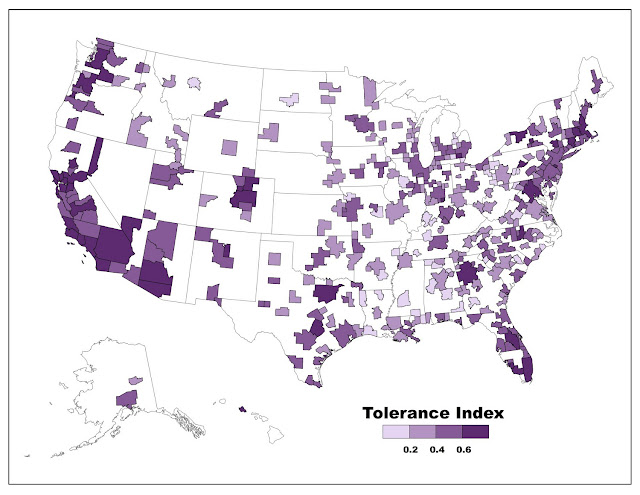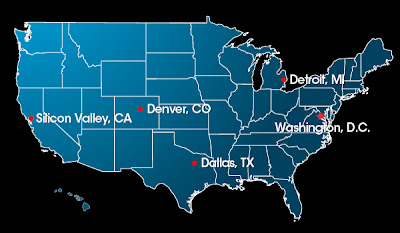Long time readers of this blog know that I have been trumpeting the growth of and benefits from the green energy sector in Colorado. A series of exogenous events are serving to undermine this cluster in the state and the U.S.
In the wind energy vertical, the Federal renewable energy
production tax credit (PTC) which provides an income tax credit of 2.2 cents per KW/hour of wind energy produced is set to expire on December 31, 2012 and appears to be another casualty of gridlock in Washington DC. This has implications for employment in Colorado as companies like Vestas and their supply chain partners will basically stop making wind generation equipment in 2013, leading to
large layoffs if this policy is not renewed. It should be extended to provide a predictable environment for investment decisions, promote increases in renewable generation capacity, protect jobs and the environment, spur innovation and help U.S.-based facilities compete globally.
In the solar energy vertical, several high profile companies - including Loveland Colorado-based
Abound Solar - have recently declared bankruptcy in the face of tough competition from Chinese manufacturers and headwinds from the weak economy. Thus GE's
recent announcement that
it will be suspending its plans to build
the largest Solar factory in the U.S. for 18 months is particularly painful.
In the longer term, Colorado, the Front Range, and the Denver Region remain well positioned to benefit from an increase in demand for renewable energy but the short to medium terms seem to be filled with risks and disappointments.





